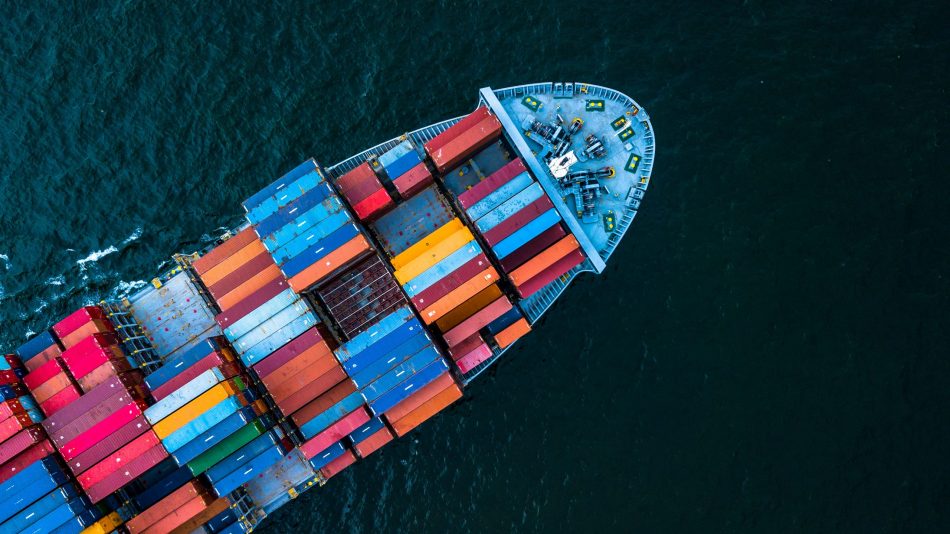Norwegian chemical company Yara International has created the world’s first zero-emission autonomous cargo ship, the Yara Birkeland.
The shipping industry accounts for between 2.5 and 3 percent of global greenhouse gas emissions, according to the International Maritime Organization. The aim of this new ship is to reduce emissions of carbon dioxide as well as nitrogen oxide, and to move freight away from the roads, reducing the number of truck journeys.
Most of Norway’s electricity comes from hydroelectric power. Even though hydroelectric power still produces greenhouse gases, it has a much lower carbon footprint than fossil fuels.
The Yara Birkeland is scheduled to make its first journey between two Norwegian towns before the end of the year, accompanied by a limited crew onboard to test the autonomous systems. Eventually, these autonomous systems will be monitored from three onshore data control centers.
While the Yara Birkeland isn’t the first autonomous ship to sail the seas, it is the first fully electric container ship. It uses a 7MWh battery, with “about a thousand times the capacity of one electrical car,” says Jon Sletten, plant manager for Yara’s factory in Porsgrunn, Norway. It has a top speed of 13 knots and can carry 103 containers. The ship will be charged at the quayside “before sailing to container harbors along the coast and then back again, replacing 40,000 truck journeys a year.”
On top of providing a more eco-friendly option to cargo ships, the Yara Birkeland is more cost-effective, as it doesn’t require the presence of a crew. At the outset, humans will be needed for the loading and unloading of the ship, but Sletten says that the aim is for all loading, discharging, and mooring operations to be automated, once they develop autonomous cranes and straddle carriers, which are the vehicles that place containers onto ships.












